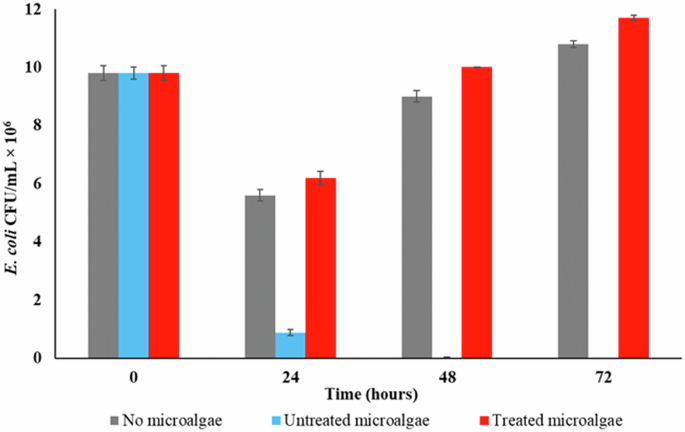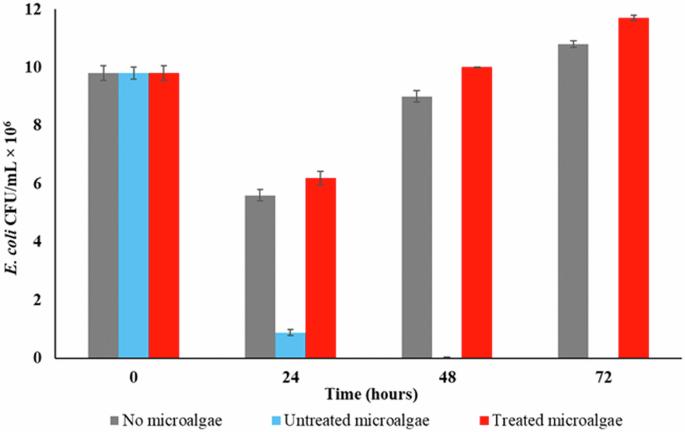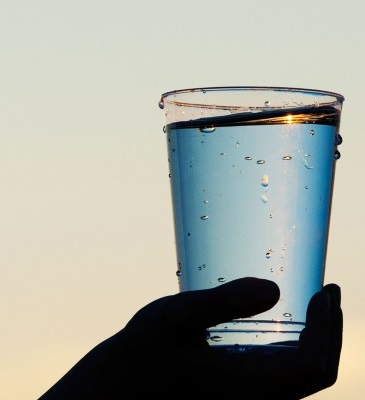揭示小球藻介导的污水病原体清除机制的复杂性
IF 11.4
1区 工程技术
Q1 ENGINEERING, CHEMICAL
引用次数: 0
摘要
在水污染、水传播疾病以及消毒水中令人担忧的病原体等全球卫生挑战中,微藻技术已成为废水处理的可行替代方案。最近,微藻去除废水中病原体的能力得到了强调。然而,在微藻介导的病原体去除机制方面还存在严重的知识空白。本研究揭示了小球藻(Chlorella pyrenoidosa)介导的去除污水中大肠杆菌的复杂机制。微藻诱导的 pH 值升高被认为是最关键的机制,其次是光氧化和由羟基介导的附着。较长的光周期或紫外线照射会产生较高的氧化应激,促进微藻外多糖的产生,增加病原体的吸附。对关键清除机制的了解可用于开发更高效、创新和可扩展的微藻系统。这种改进后的系统为解决与水有关的问题提供了一种可持续的解决方案,它能改善废水处理,增加获得清洁水的机会,并降低水传播疾病的传播风险。本文章由计算机程序翻译,如有差异,请以英文原文为准。


Unveiling mechanistic intricacies of Chlorella pyrenoidosa-mediated pathogen removal from sewage
Amidst the global sanitation challenges of water pollution, waterborne diseases, and the alarming presence of pathogens in disinfected water, microalgal technology has emerged as a viable alternative for wastewater treatment. Recently, the ability of microalgae to remove pathogens from wastewater has been highlighted. However, a critical knowledge gap exists regarding microalgae-mediated pathogen removal mechanisms. The present study uncovers the intricate mechanisms of Chlorella pyrenoidosa-mediated Escherichia coli removal from sewage. Microalgae-induced pH increase was identified as the most crucial mechanism, followed by photooxidation and attachment, mediated by the hydroxyl group. Longer photoperiods or ultraviolet irradiation produced high oxidative stress, promoting microalgal exopolysaccharides’ production and increasing pathogen entrapment. The knowledge of crucial removal mechanisms can be harnessed for the development of more efficient, innovative, and scalable microalgal systems. Such improved systems offer a sustainable solution to address water-related issues by improving wastewater treatment, increasing access to clean water, and reducing the transmission risk of waterborne diseases.
求助全文
通过发布文献求助,成功后即可免费获取论文全文。
去求助
来源期刊

npj Clean Water
Environmental Science-Water Science and Technology
CiteScore
15.30
自引率
2.60%
发文量
61
审稿时长
5 weeks
期刊介绍:
npj Clean Water publishes high-quality papers that report cutting-edge science, technology, applications, policies, and societal issues contributing to a more sustainable supply of clean water. The journal's publications may also support and accelerate the achievement of Sustainable Development Goal 6, which focuses on clean water and sanitation.
 求助内容:
求助内容: 应助结果提醒方式:
应助结果提醒方式:


